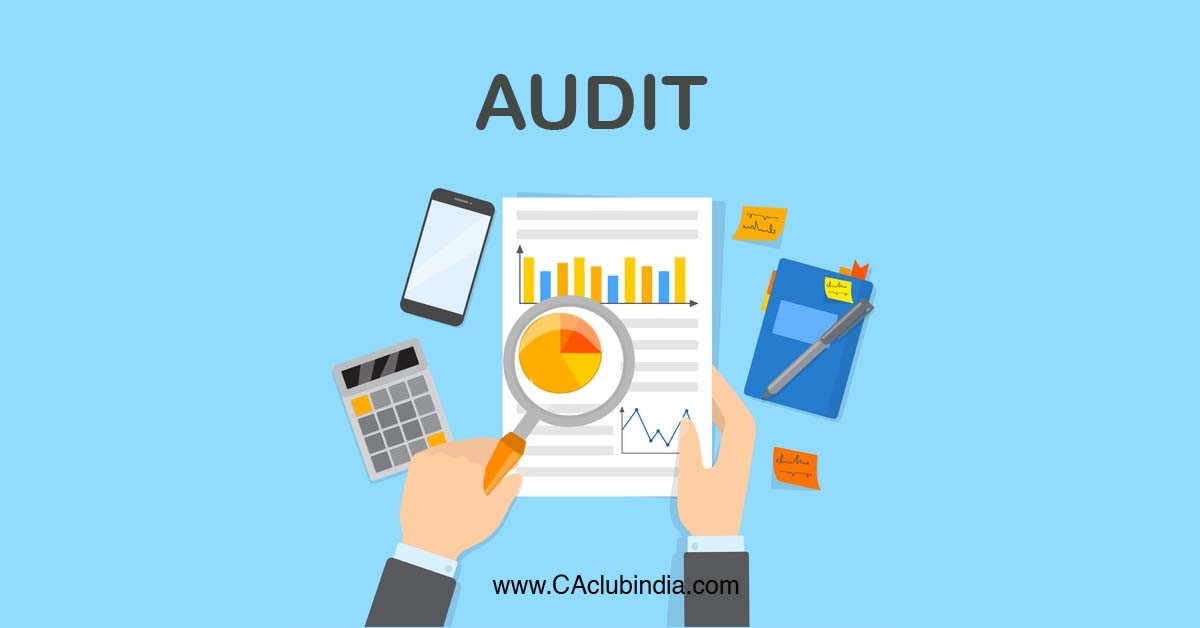Recently, India's accounting watchdog National Financial Reporting Authority's (NFRA) chairperson Ajay Bhushan Pandey at ASSOCHAM's third International Conference on Financial Reporting and Control stated that.
"...it is immaterial whether you are expected to find fraud or not, but what is material is you are required to follow the (due) processes. And if you have followed the process and, in that process, you are able to find fraud, it is fine, and even the fraud is not found, but you have followed the process, you are not responsible".
While auditors are not expected to uncover every instance of fraud, their responsibilities include following rigorous audit procedures and exercising professional skepticism. This article delves into the significance of auditors' role in the financial ecosystem, emphasizing the delicate balance between conducting thorough audits and staying vigilant against potentially fraudulent activities.

Understanding the Auditor's Role
Auditors are independent professionals responsible for examining financial records, statements, and transactions of an organization. They play a crucial role in providing assurance to stakeholders, including shareholders, creditors, and investors, that the financial information presented is reliable and accurate. While their primary purpose is not to detect fraud, they must remain vigilant during the auditing process.
Following Audit Procedures
Auditing procedures consist of a series of well-defined steps and methodologies designed to assess the financial health of an organization. These procedures include assessing internal controls, performing substantive tests, and verifying financial data. By adhering to these standardized processes, auditors can identify errors, misstatements, or potential irregularities in financial reporting.
The Concept of Professional Skepticism
Professional skepticism is a mindset that auditors must maintain throughout their engagements. It involves a questioning attitude and critical evaluation of the evidence gathered during the audit. While auditors are not fraud investigators, professional skepticism empowers them to remain cautious, challenging, and alert to any indicators of possible fraud or material misstatements.
Uncovering Red Flags
While auditors may not be expected to actively seek out fraud, they are obligated to report any suspicious findings or red flags discovered during the audit process. These red flags could include unusual transactions, inconsistencies, or potential conflicts of interest. By raising awareness of such anomalies, auditors contribute to the prevention and early detection of fraudulent activities.
Strengthening Corporate Governance
Auditors' commitment to maintaining professional skepticism and adhering to audit procedures helps strengthen corporate governance practices within organizations. By fostering transparency, accountability, and ethical conduct, auditors contribute to an environment that discourages fraudulent behavior.
Conclusion
In conclusion, auditors play a crucial role in the financial world by providing assurance to stakeholders about the accuracy and reliability of financial statements. While not expected to uncover fraud, auditors must diligently follow audit procedures and maintain a mindset of professional skepticism. By doing so, they contribute to the prevention and early detection of potential irregularities, strengthening the trust and integrity within the financial ecosystem.








 CAclubindia
CAclubindia
